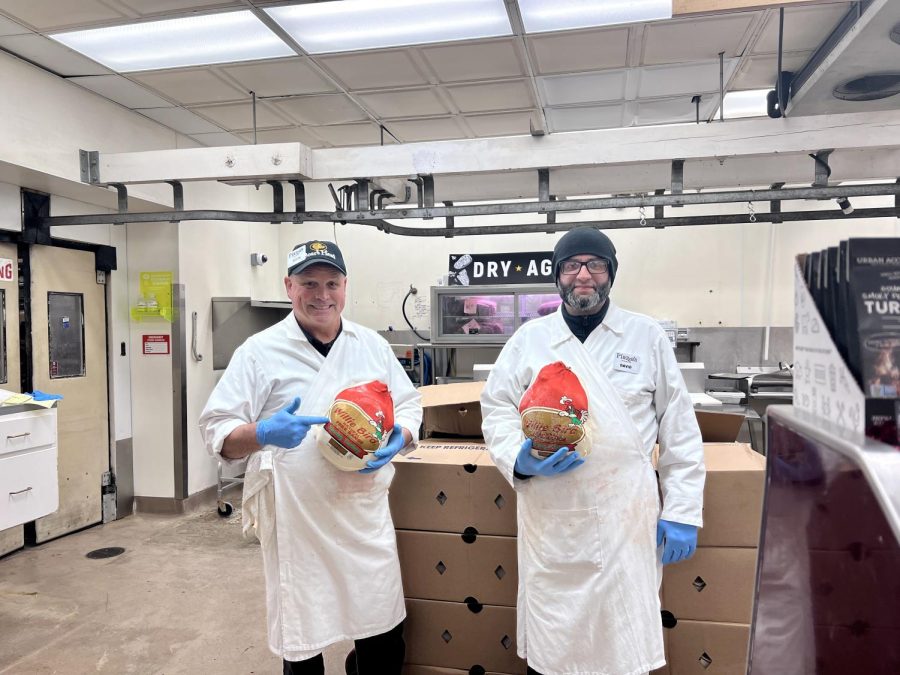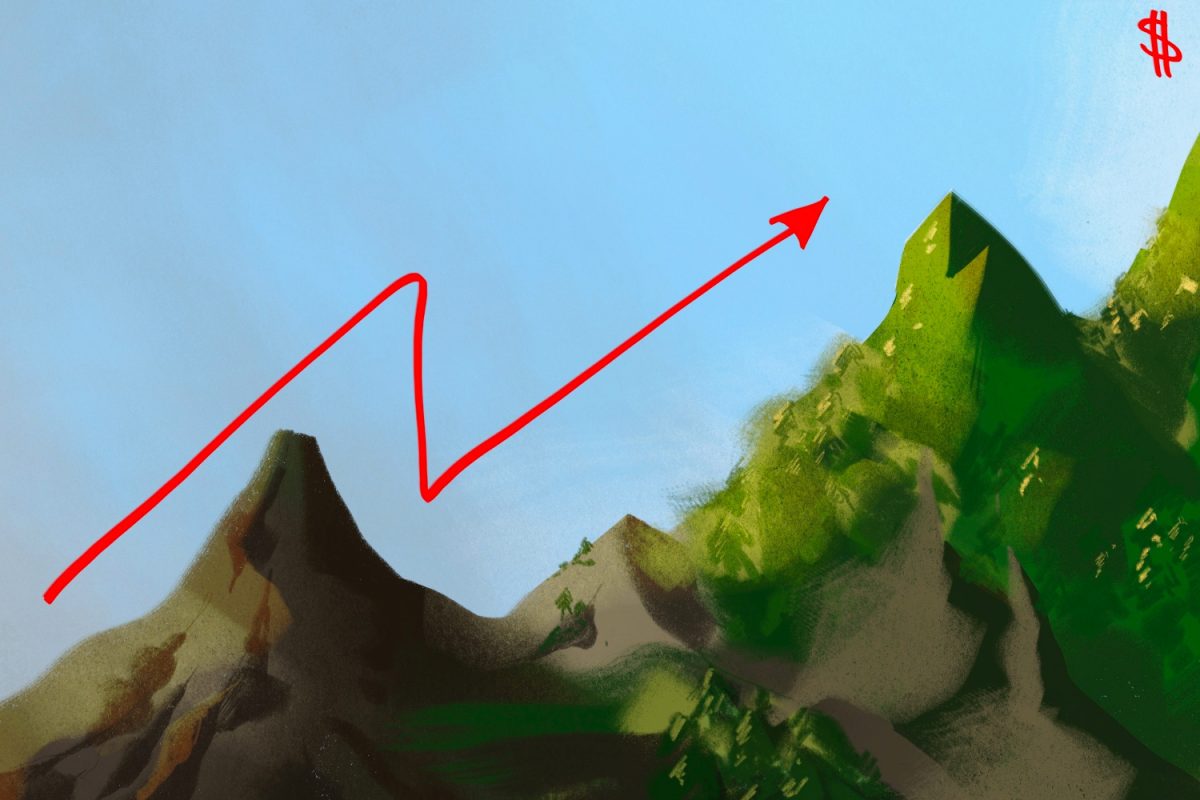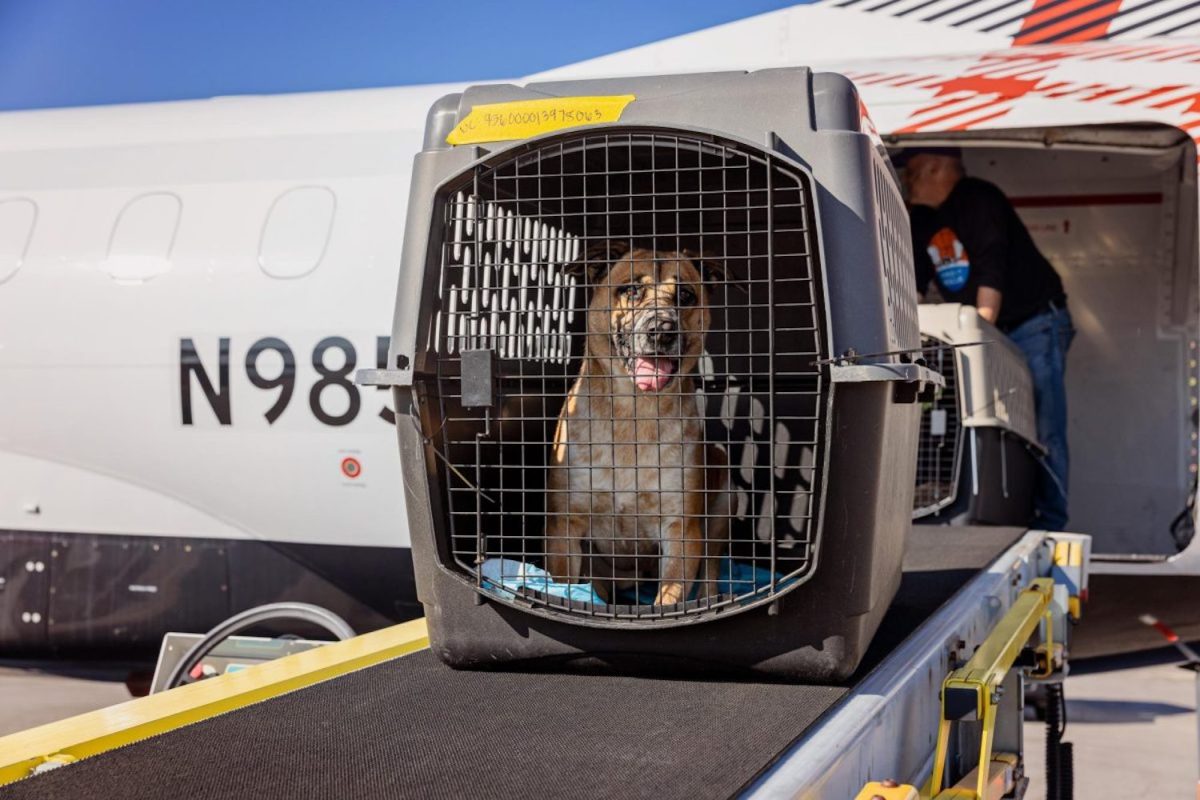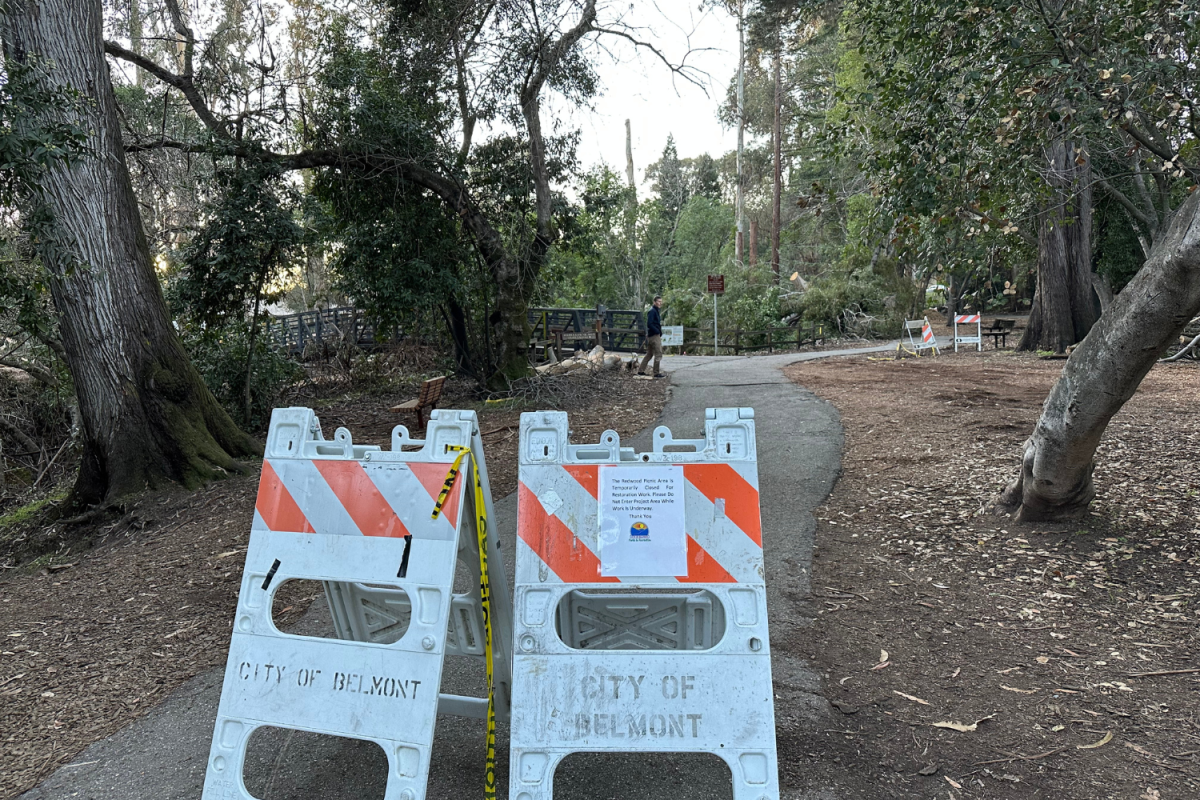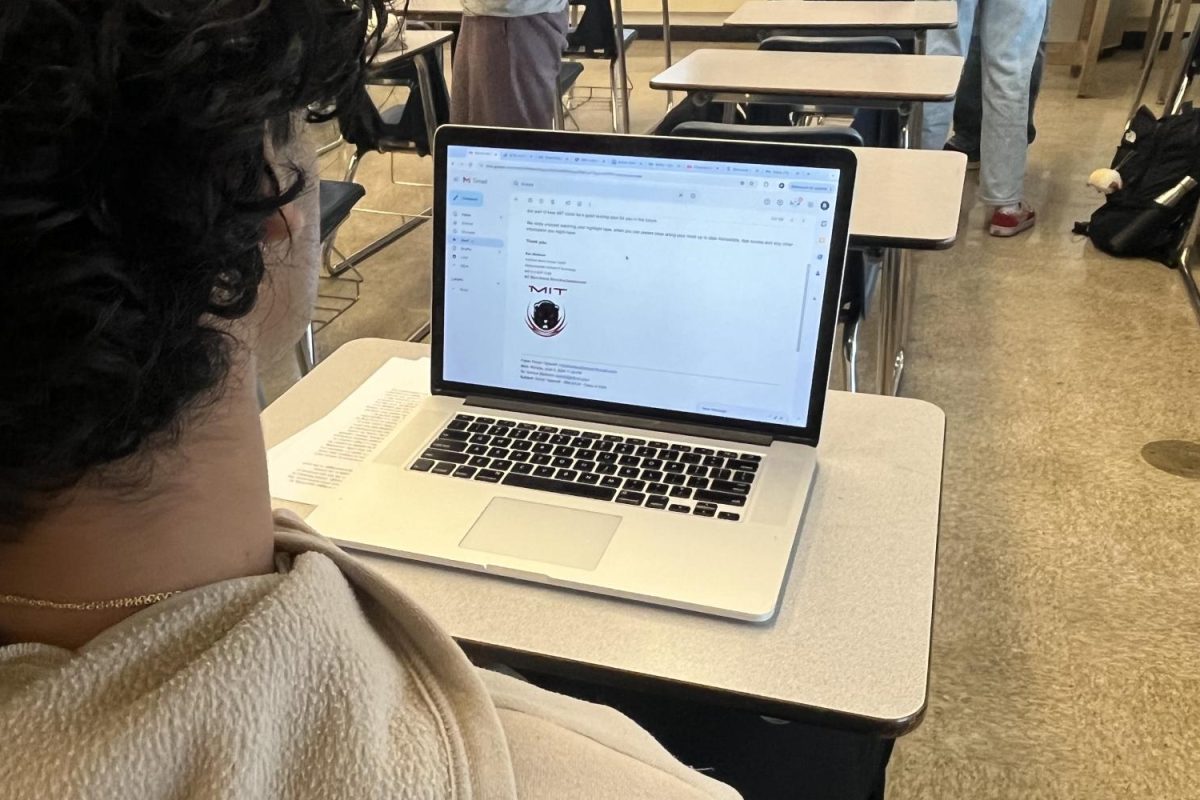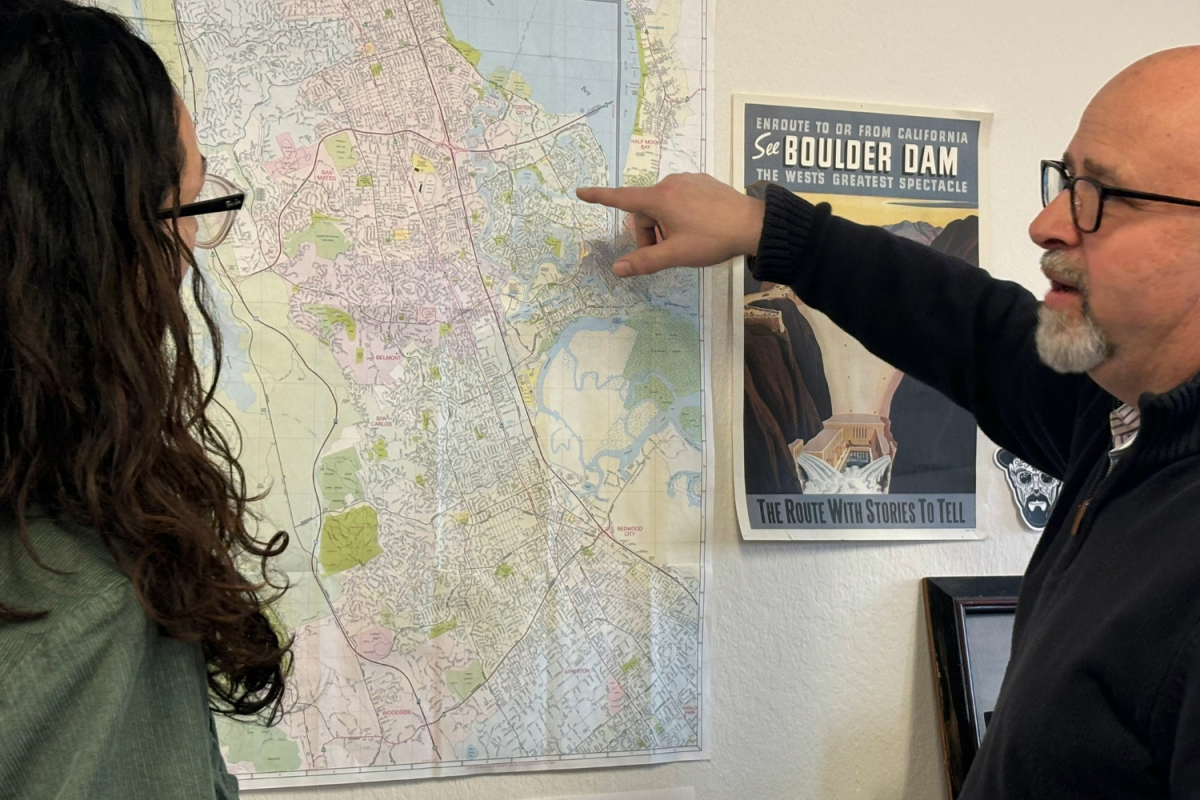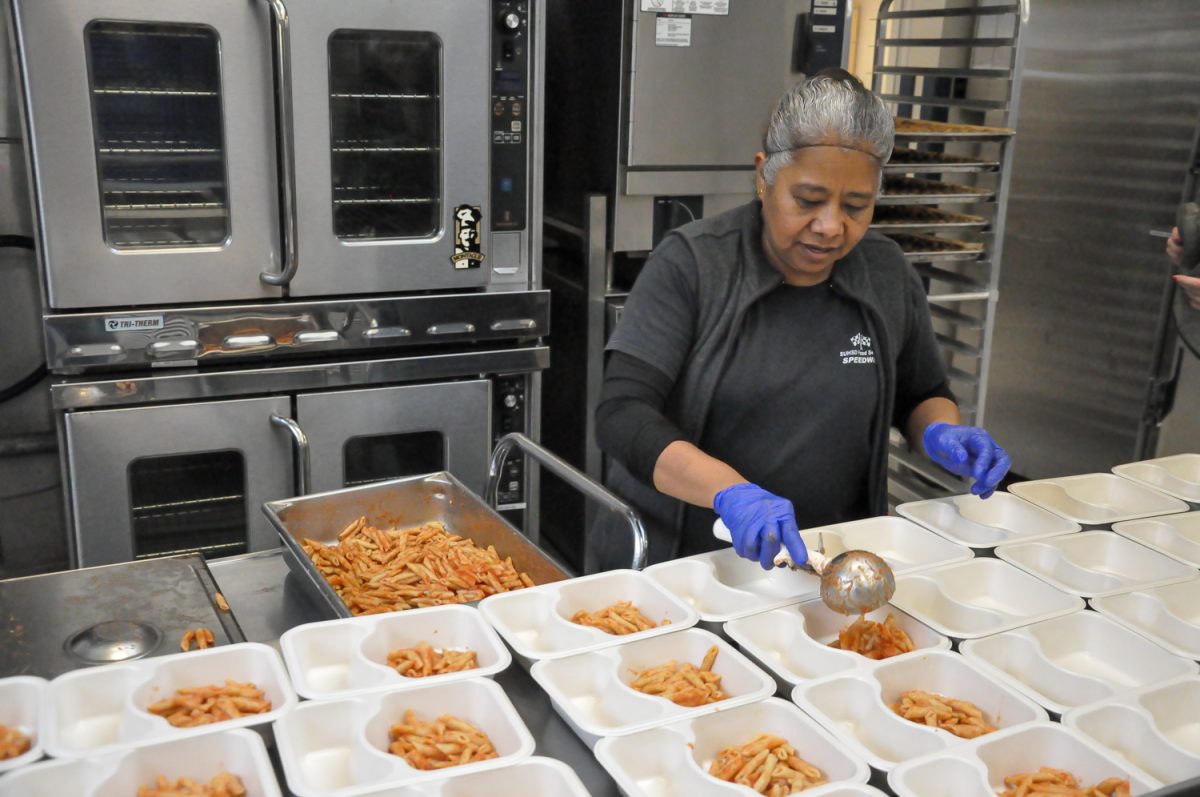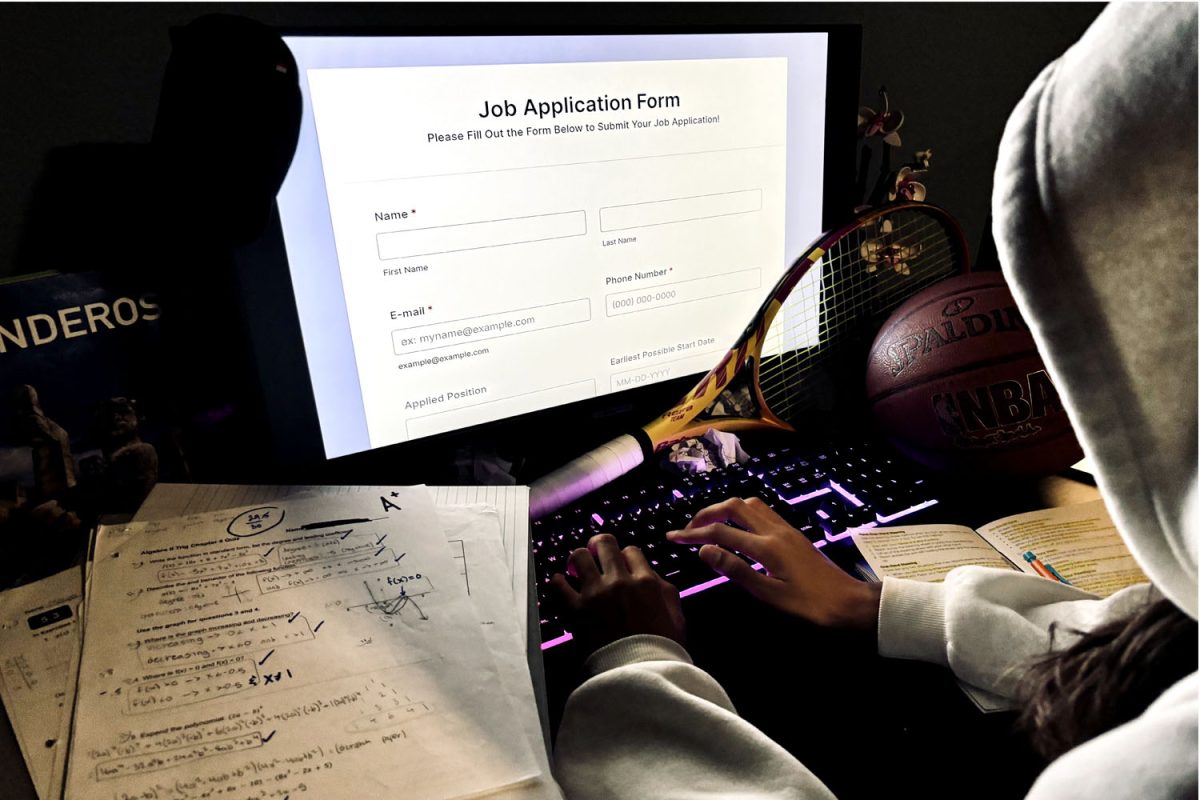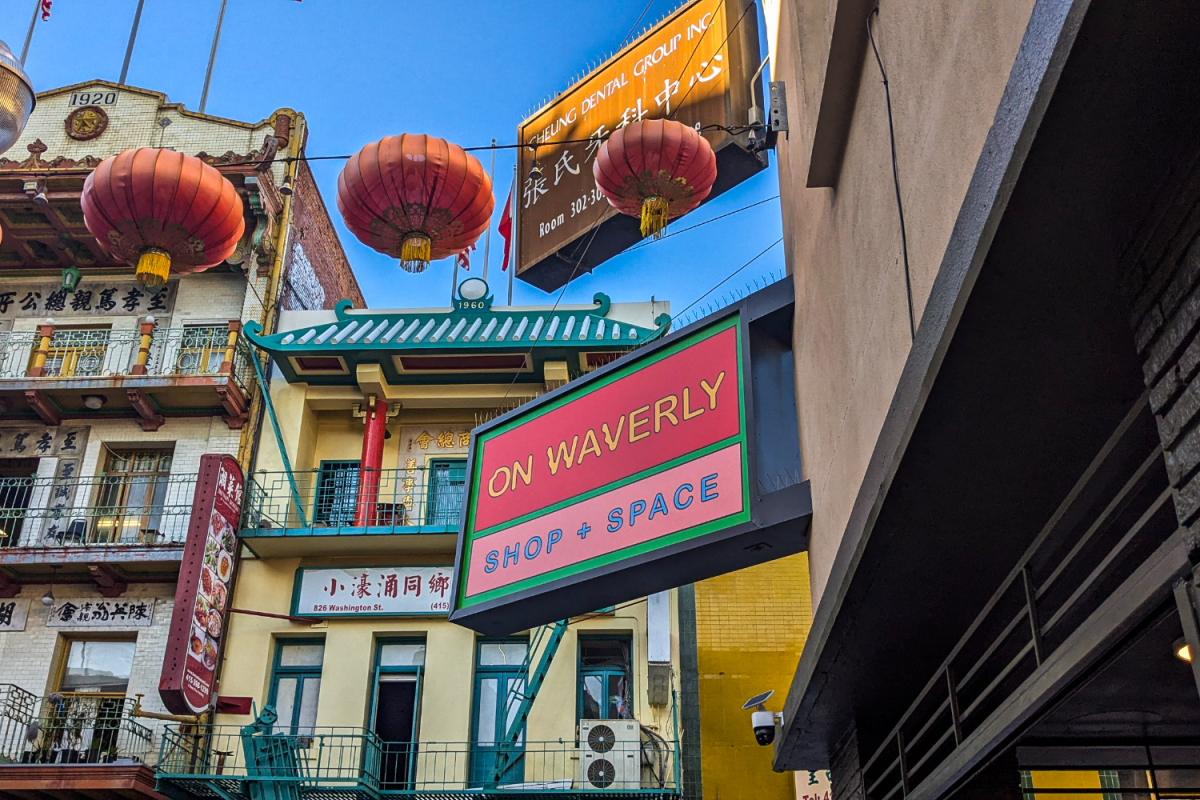Imagine planning to host Thanksgiving dinner. You drive to a nearby supermarket to purchase a turkey like most Americans do every year. However, as you walk up to the meat counter to place your order, available turkeys are scarce, and their prices are higher than you ever remember.
For many Americans, this will be the reality this upcoming Thanksgiving. According to the United States Department of Agriculture (USDA), turkey production will be lower than usual, causing prices to rise.
The shortage in turkey production can be attributed to the avian flu, a type of influenza that primarily affects poultry. Birds infected with the flu suffer from various symptoms, including bleeding from the nose and chest pains, with the end result usually death. The flu spread earlier than it has in past years, leading to its most severe outbreak ever, according to The Washington Post.
Furthermore, according to a report by CNN Business, the shortage combined with inflation has caused prices to rise 20% compared to last year.
“Our family buys and cooks a Thanksgiving turkey every year,” said Adrienne Crowther, a Belmont resident. “Typically, we order from a local market a week or so in advance, but this year I ordered a month out from Thanksgiving to make sure we’d have one after hearing about this whole shortage.”
Thanksgiving, which became a national holiday in 1862, commemorates the feast in 1621 after Native Americans supplied the Pilgrims with food to survive the harsh climate of the northeastern United States. According to the National Turkey Federation, 88% of Americans eat turkey on Thanksgiving, amounting to about 46 million turkeys consumed annually. Thus, turkey is a quintessential part of Thanksgiving.
Though Americans typically don’t purchase their turkey until November, stores had to purchase their turkeys far in advance to ensure an adequate stock.
Piazza’s Fine Foods’ meat department manager Kent Fagliano shared the details of the market’s process.
“Every year, it’s a commodity, so we put in our order around late February or early March,” Fagliano said. “Luckily, our market was fortunate enough not to be too affected by the shortage, but I’m aware this wasn’t the case for a lot of other suppliers in the industry. About 70-80% of our sales during the week of Thanksgiving rely on turkey.”
Though the news of a shortage is predictably disappointing to a majority of Americans, some view it as a possible success. Vegetarians and animal activists celebrate it as a feat, hoping the shortage will help Americans recognize more environmentally-friendly alternatives.
Among activists is senior Shaila Mehta, Carlmont Green Team’s co-president and a vegetarian.
“A global reduction in our meat consumption would reduce the number of emissions the meat industry produces,” Mehta said. “I was raised vegetarian, but my family still celebrates Thanksgiving with alternatives like lasagna, stuffing, and traditional sides.”
On the contrary, Crowther views the turkey as an essential part of the holiday and the continuation of a longtime tradition.
“Turkey is like the centerpiece of Thanksgiving. It provides an excuse to have so much delicious food at the dinner table, and what would Thanksgiving be without it?” she said.

